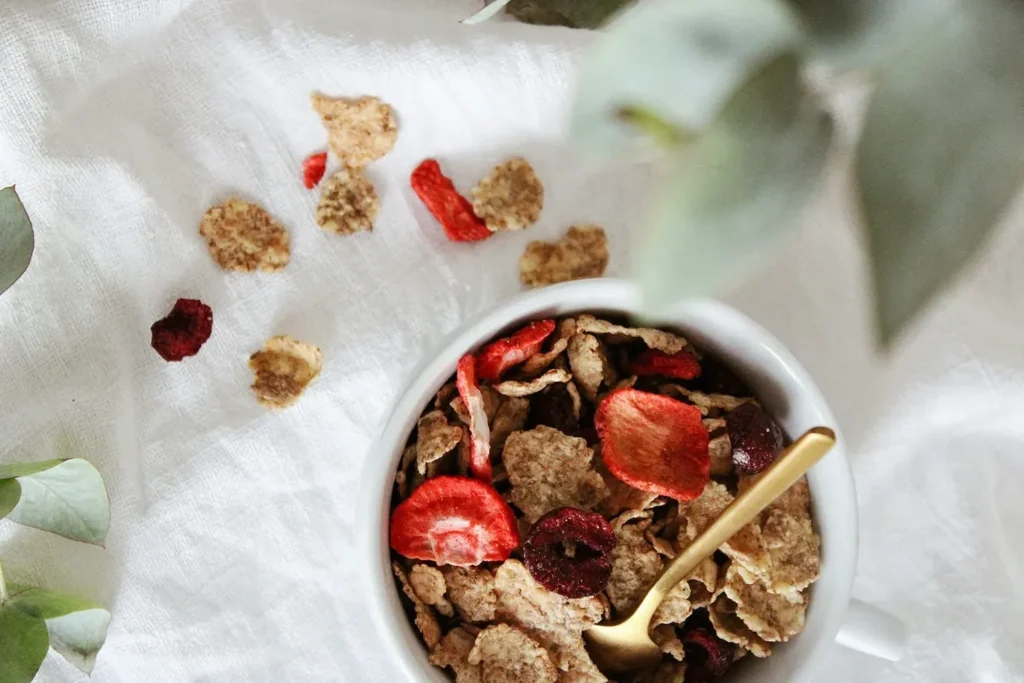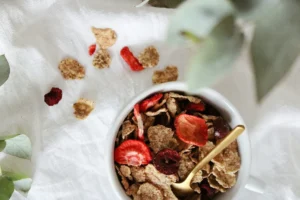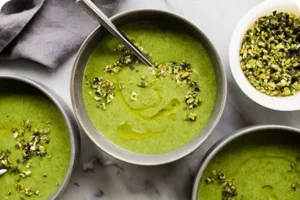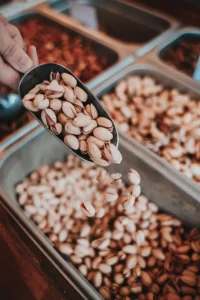In today’s fast-paced world, snacks have become an essential part of our daily eating habits. Whether it’s a quick bite between meetings, a small energy boost during workouts, or simply a tasty treat to satisfy cravings, snacking is inevitable. However, the growing awareness about nutrition and wellness has made people more mindful of what they choose to eat. For health-conscious snackers, the perfect choice goes beyond taste — it must also deliver nourishment, balance, and long-term benefits.
The Rise of Healthy Snacking
Over the past decade, consumer behavior has shifted significantly. People are no longer satisfied with snacks loaded with refined sugar, trans fats, or artificial additives. Instead, there is a strong demand for wholesome options that fuel the body without guilt. This trend is driven by several factors:
- Increased awareness of lifestyle diseases such as obesity, diabetes, and cardiovascular issues.
- The popularity of fitness culture where snacks are often viewed as “mini meals” to support performance.
- Busy lifestyles that require convenient but nutrient-dense food options.
As a result, the snack industry has responded with an impressive variety of products designed specifically for health-conscious consumers.
What Makes a Snack “Healthy”?
Not all snacks marketed as “healthy” truly are. A perfect snack for health-conscious individuals should meet a few key criteria:
- Nutrient Density – High in vitamins, minerals, and antioxidants rather than empty calories.
- Balanced Macronutrients – A good mix of protein, healthy fats, and complex carbohydrates.
- Low in Added Sugar and Artificial Ingredients – Natural sweetness from fruits or minimal processing is preferred.
- Satiety – Keeps you feeling full and energized without overeating.
- Portion Control – Easily packaged or portioned to prevent overconsumption.
When these elements come together, snacks serve not just as fillers, but as functional foods that support health goals.

Popular Healthy Snack Options
Here are some of the best choices that meet the expectations of health-conscious snackers:
- Nuts and Seeds
Almonds, walnuts, sunflower seeds, and pumpkin seeds are rich in healthy fats, protein, and essential minerals. They’re perfect for heart health, improving brain function, and maintaining energy levels.
- Fresh Fruits
Nature’s own candy, fruits like apples, berries, and bananas are loaded with fiber and natural sugars that provide a quick but stable energy boost. Paired with nut butter or Greek yogurt, they make a balanced mini-meal.
- Vegetable Sticks with Hummus
Carrot sticks, cucumber slices, and bell peppers dipped in hummus combine crunch, flavor, and nutrition. This combo is low in calories but high in fiber and plant-based protein.
- Greek Yogurt with Toppings
Greek yogurt is high in protein and probiotics, which support digestion and immunity. Adding a sprinkle of chia seeds, granola, or fresh fruit makes it both satisfying and versatile.
- Whole Grain Snacks
Options like air-popped popcorn, oat bars, or whole-grain crackers provide complex carbs that release energy slowly, helping maintain blood sugar balance.
- Protein-Rich Options
Hard-boiled eggs, protein shakes, or roasted chickpeas are excellent for fitness enthusiasts who want snacks that support muscle repair and growth.
Benefits of Choosing Healthy Snacks
Switching from processed, high-sugar snacks to nutrient-rich alternatives offers many benefits:
- Sustained Energy: Whole foods release energy gradually, preventing sugar crashes.
- Better Weight Management: High-fiber snacks promote fullness and reduce overeating.
- Improved Concentration: Balanced snacks support brain health and cognitive function.
- Stronger Immunity: Antioxidant-rich snacks like fruits and nuts help fight free radicals.
- Long-Term Wellness: Consistent healthy choices lower the risk of chronic diseases.
Tips for Smart Snacking
Even with the best intentions, it’s easy to make mistakes while snacking. Here are some strategies for staying on track:
- Read Labels: Don’t be misled by “natural” or “low-fat” claims — always check ingredients and nutritional facts.
- Plan Ahead: Keep pre-portioned healthy snacks handy at work, in your bag, or at home.
- Mindful Eating: Avoid snacking in front of screens to prevent overeating.
- Hydrate First: Sometimes thirst is mistaken for hunger. Drink water before reaching for a snack.
- Variety is Key: Mix different types of snacks to cover all nutrient needs and avoid boredom.
The Psychological Side of Snacking
Beyond physical health, snacks also influence mood and emotions. Sugary snacks may give temporary pleasure but can lead to mood swings and fatigue. In contrast, nutrient-rich snacks stabilize blood sugar and release serotonin, which promotes a sense of well-being. For health-conscious snackers, the “perfect choice” is as much about mental balance as it is about physical nourishment.
The Future of Healthy Snacking
As the health movement grows, we can expect even more innovation in the snack industry. Plant-based protein bars, functional foods with added probiotics or adaptogens, and eco-friendly packaging are just the beginning. The goal is to provide convenience without compromising health or sustainability.
Conclusion
For health-conscious snackers, the perfect choice is one that combines taste, nutrition, and convenience. From crunchy nuts to fresh fruits and innovative whole-grain creations, there is no shortage of wholesome options. By choosing wisely, snackers not only satisfy their cravings but also invest in long-term well-being. Snacking, when done right, becomes more than just eating between meals — it becomes a smart lifestyle choice.





